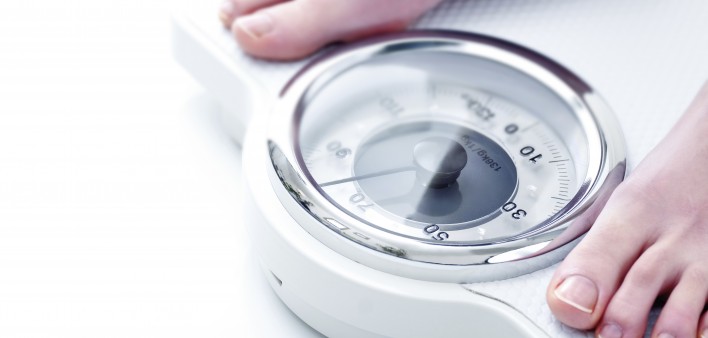Mirror, mirror on the wall, who’s the skinniest of them all? Are you sure? Unfortunately, that mirror may be telling lies. Almost 25 percent of overweight Latinas believe they are of normal weight, and this misperception of body image causes them to ignore healthy habits and increase their risk of heart disease and diabetes, according to a study published in the journal of Obstetrics and Gynecology. Here Tu Salud talks with the study’s lead author Mahbubur Rahman, MD, assistant professor in the department of obstetrics and gynecology at The University of Texas Medical Branch at Galveston. He fills us in about what prompted this study, what the findings mean for Latinas, and what we can do to live healthier, happier lives.
What prompted you to research Latinas’ body image?
We have ongoing studies on healthy lifestyles, and they include questions on risky behaviors, weight-related issues and demographics in young multiethnic reproductive-age women. We developed a hypothesis that misperception of weight is associated with healthy and unhealthy behaviors.
What are the details of the study?
For the study, we collected information from more than 2,000 women between the ages of 18 and 25 who attended one of five publicly funded reproductive clinics. We assessed their perceptions of body weight and weight-related behaviors by sifting through data from self-administered questionnaires and charts.
What did you find?
Our results showed that significantly more Hispanic (24.7 percent) and black (28.2 percent) women were overweight misperceivers compared with white women (14.8 percent). So while Latinas were actually overweight, they believed they were normal weight. Conversely, more white (16. percent) and Hispanic women (19.7 percent) were normal weight misperceivers compared with black women (7.4 percent). Overall, 23 percent of overweight and 16 percent of normal weight women were misperceivers.
Why do you think this correlation between race and misperception in weight exists?
This is part of the overall fattening of America—as minority women see more overweight women around them they don’t think that they are overweight, they think it’s the norm. And different cultures place the emphasis on different body types, types that can be unhealthy.
Is this hurting women?
Accurate perception of body weight is very important for the success of obesity prevention programs. Furthermore, behavioral intervention programs of any kind are not successful unless an overweight person recognizes that he or she is overweight. Not recognizing you’re overweight means that you would be less likely to practice healthy weight loss behaviors and would be exposed to more cardiovascular diseases and diabetes in the future.
How does a woman know she is overweight?
Since one in four overweight and obese women think that they are normal weight, it is a big obstacle to obesity prevention efforts. We think that many people do not know their weight status and the range of normal weight, overweight and obese categories. To find out if you’re in a healthy range, calculate your body mass index or BMI [which is a ratio of weight and height]. There are plenty of BMI calculators online.
What guidelines should women follow?
Everyone should exercise at least 30 minutes for at least three to four days a week and eat a healthy balanced diet. Simple as that.
To get more information on healthy ways to lose weight, click here.

Thinkstock
Weighty Matters: Latinas and Body Image
When overweight women think they’re a normal size, they face additional health challenges.






Comments
Comments